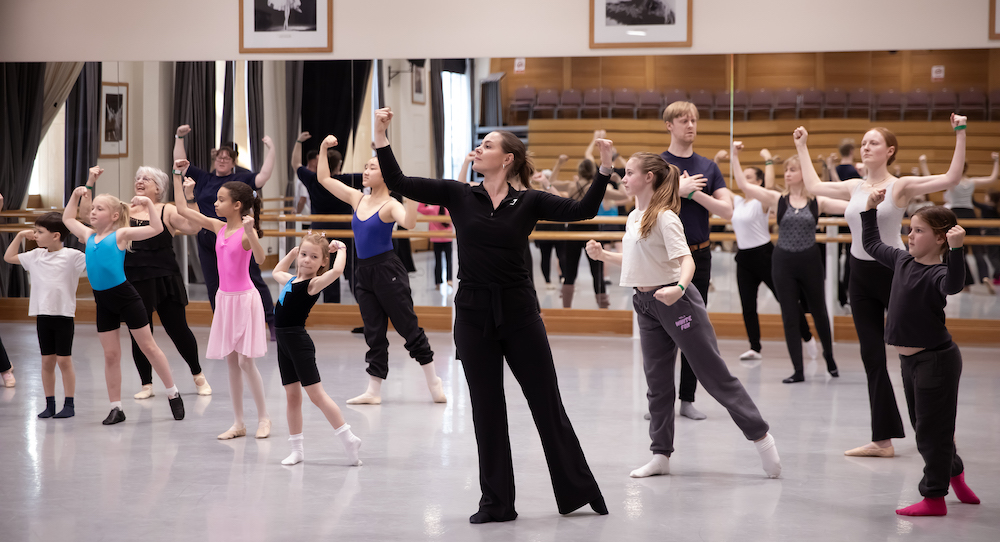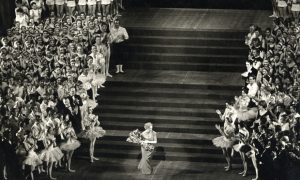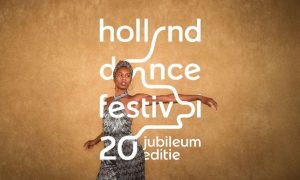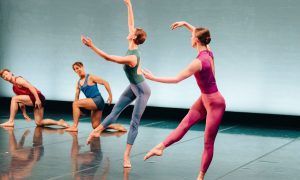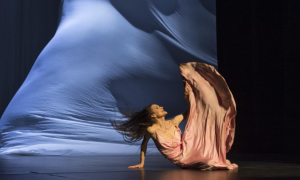On Sunday 2 March, The Royal Ballet School opened its doors to the public for the first time in its near 100-year history, as part of broadcaster Angela Rippon’s nationwide Let’s Dance initiative.
The initiative is to get the country moving and to promote the physical, mental, and social benefits of dance through classes, workshops and community events. Let’s Dance is centred around the idea that dance has the power to transform lives.
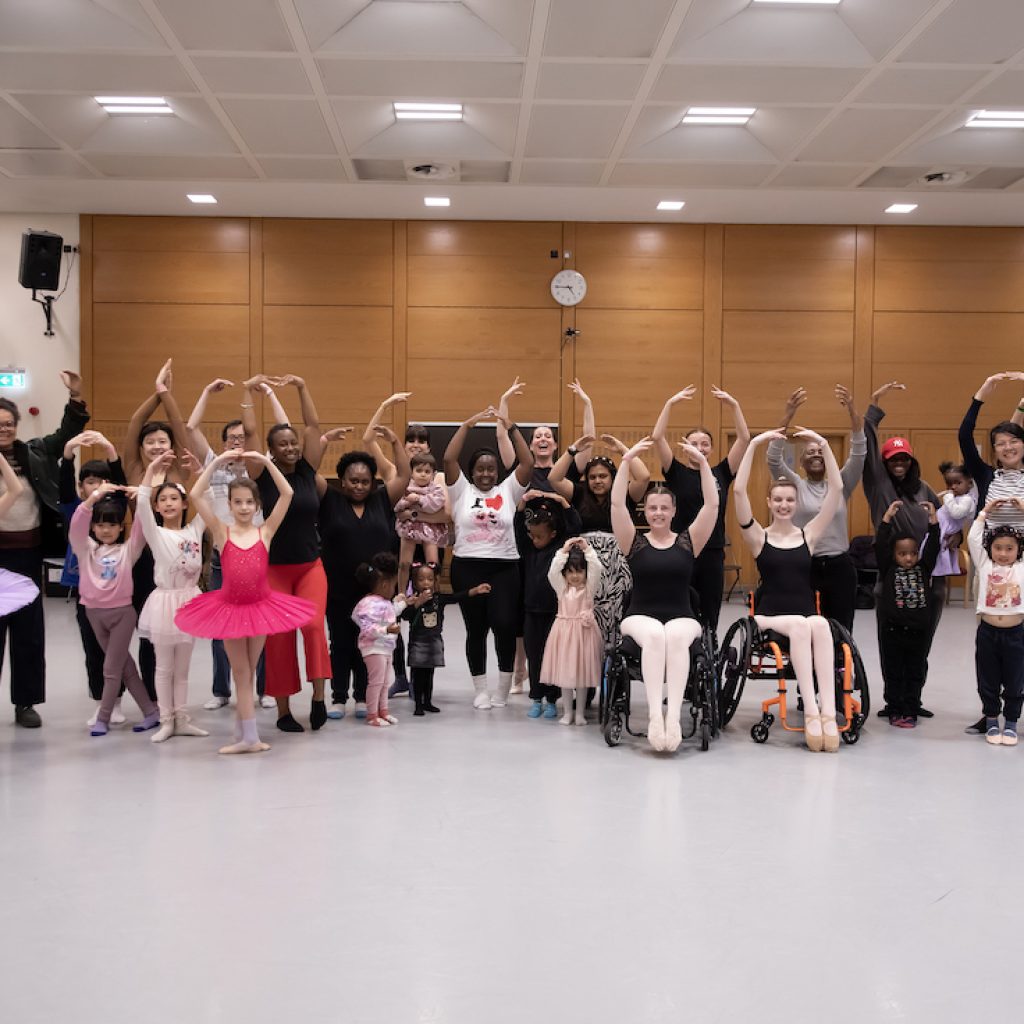
Over the course of the day, approximately 360 people (with another 1,000 people on the waiting list!) participated in classes in styles such as ballet, contemporary, character, and mime and gesture, all led by teachers of The Royal Ballet School. The 30-40 minute long classes were free and accessible to everyone, and no dance experience was required. Rippon also attended the event at the School, alongside her Strictly Come Dancing partner, Kai Widdrington.
“The energy and enthusiasm in the building was truly palpable, and the event proved to be a heartwarming celebration of the power of dance to unite, uplift, and inspire,” says a spokesperson for The Royal Ballet School. “We were delighted by the day and the joy it brought to everyone involved, from staff to participants to teachers. We can’t confirm anything yet, but we do hope to host more events like this one in the future and are currently brainstorming more ways we can continue widening access and spreading the joy of dance.”
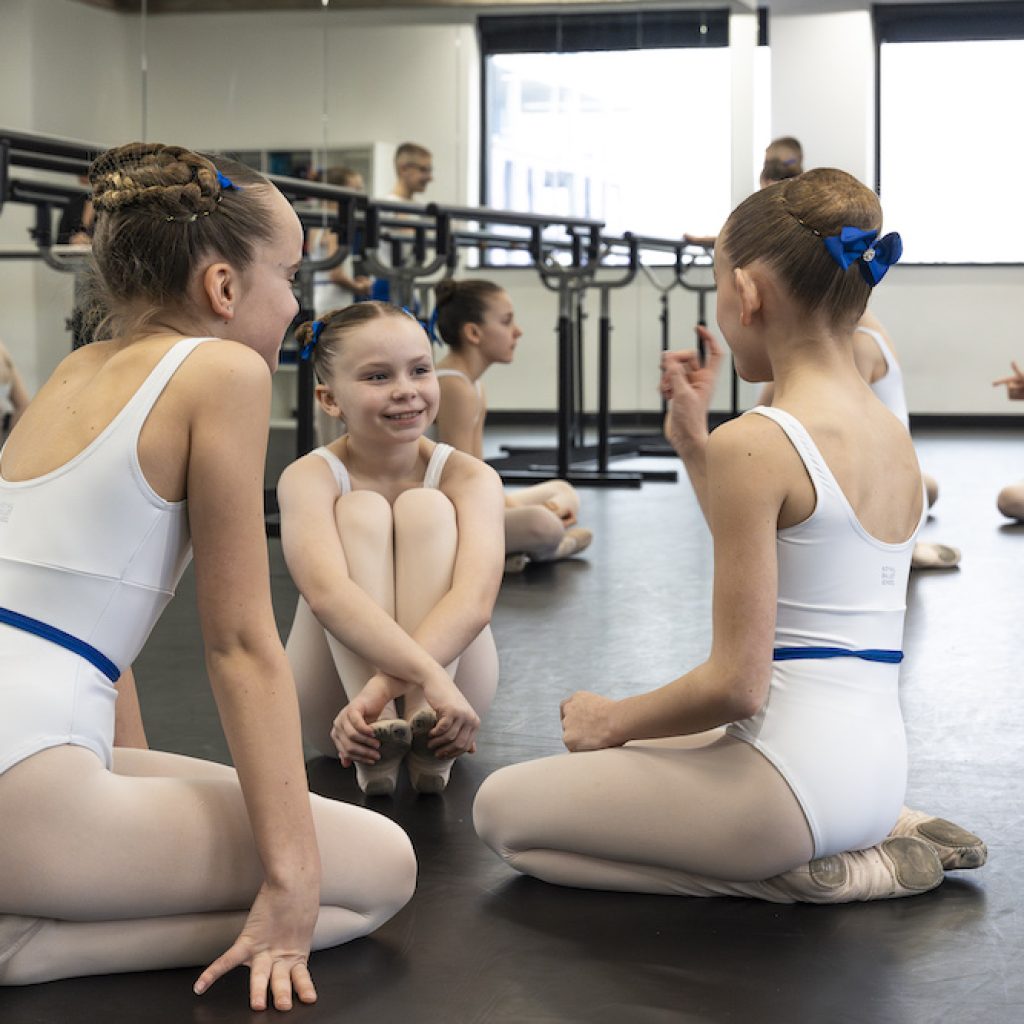
The Let’s Dance event even went beyond the School walls in London. Primary schools across the UK received access to one of The Royal Ballet School’s Primary Steps on Demand classes to participate in during the lead up to the event.
Like Let’s Dance, Primary Steps on Demand is another of the School’s outreach programmes that was built to bring dance into classrooms around the nation. It provides schools with pre-recorded dance lessons that can be put into use across a variety of areas of study, such as literacy, numeracy, and science. No dance training is required for teachers to use these on-demand videos, so teachers are able to deliver the dance sessions with confidence.
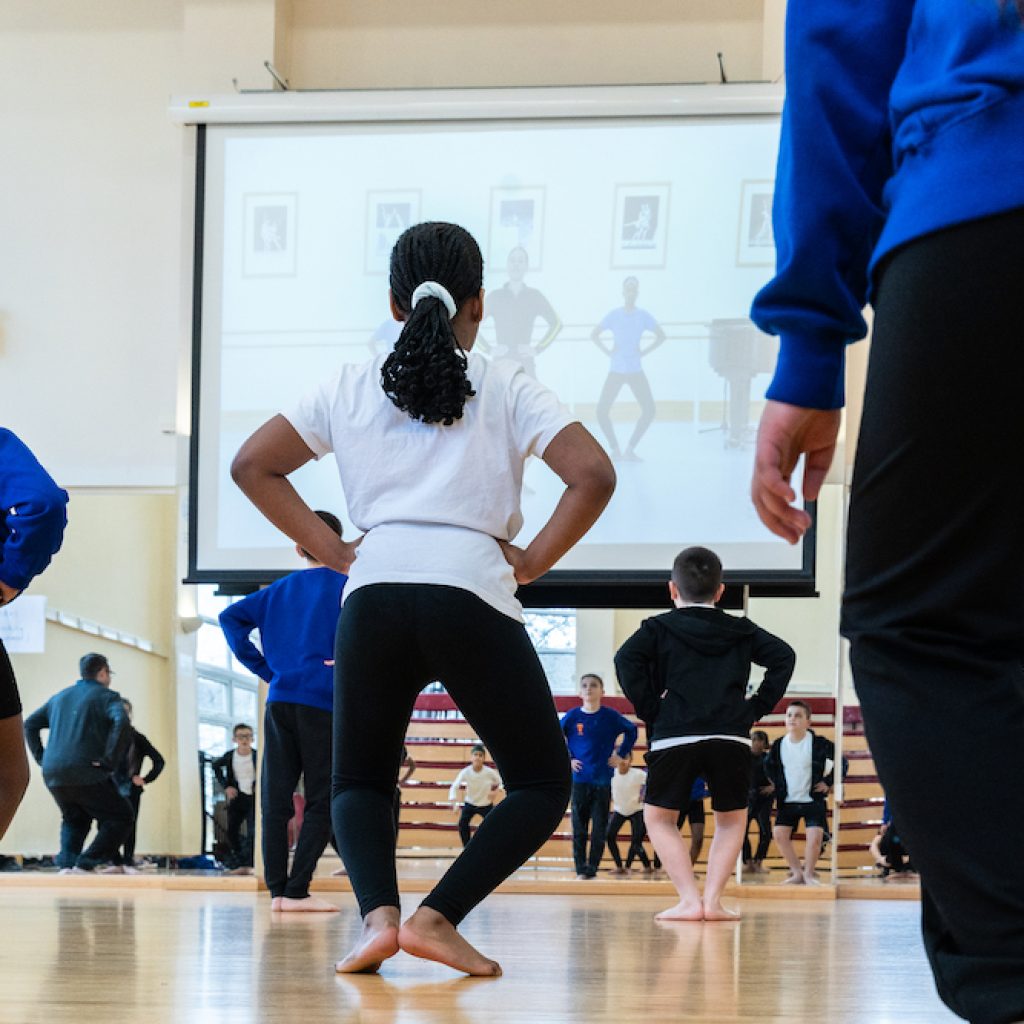
Sarah Wildor, Artistic Manager of the Associates and Primary Steps Programmes, trained at The Royal Ballet School before joining The Royal Ballet at the age of 19. A true educator as well, Wildor is also a Pilates instructor, qualified as a ballet teacher with The Royal Ballet School’s Diploma of Dance Teaching, and has an Undergraduate Psychology degree from the University of Buckingham.
Wildor notes the importance of offering outreach programmes such as Primary Steps on Demand and Let’s Dance. “I think that ballet training is an unknown phenomenon to some people, especially those who don’t come into contact with ballet that much,” she says. “There can be preconceived ideas that ballet training is only for the elite and that it is only for those who are already connected to it.”
She adds, “Dance is a powerful tool for personal growth, wellbeing, and community building. By opening our doors to a wider audience, we can break down barriers and make ballet more accessible to people of all ages and backgrounds. Dance offers numerous benefits beyond physical movement: it improves coordination, confidence, and creativity while also supporting mental health and social connection. Programmes like Primary Steps and events like Let’s Dance provide an inclusive space for people to explore movement, regardless of their previous experience. The School has a responsibility to share our expertise and resources with a broader community. Through these outreach initiatives, we hope to inspire more people to engage with dance, whether as a hobby, passion, or future career.”
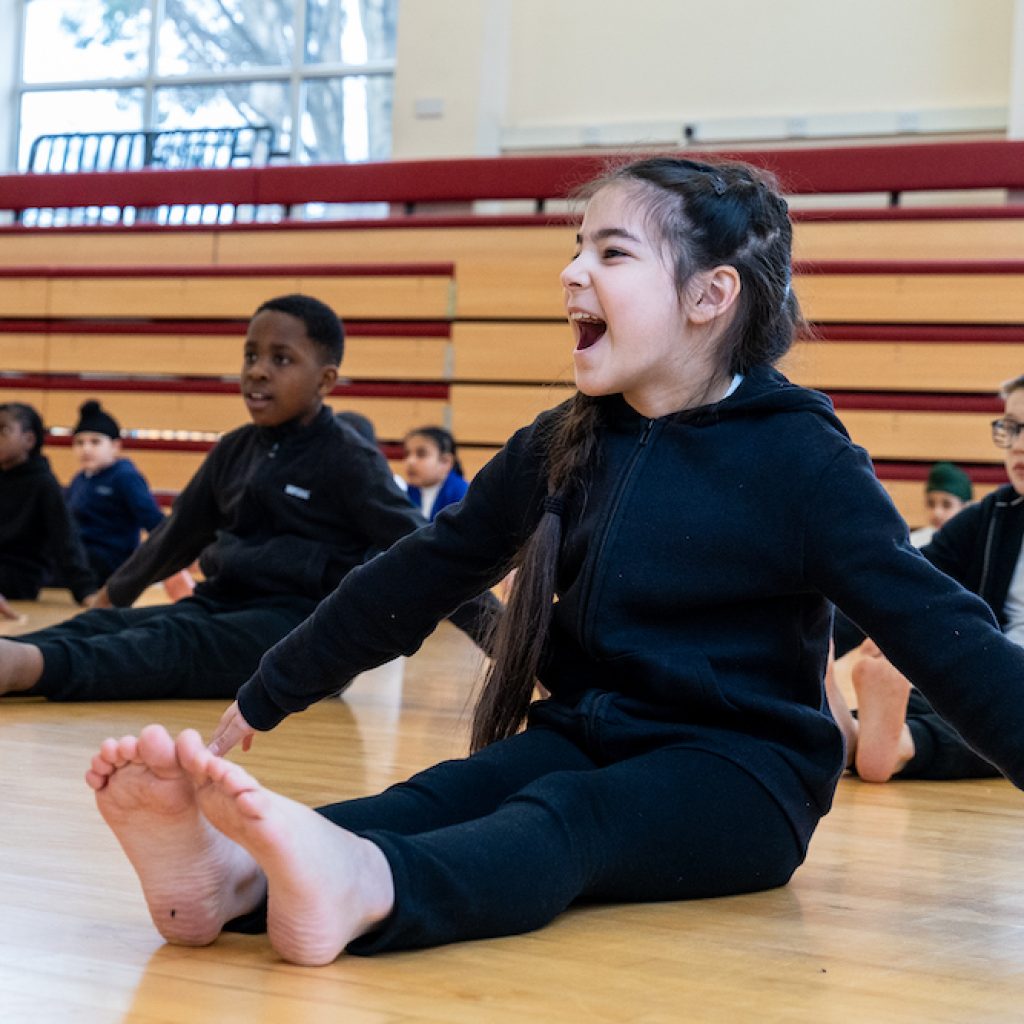
With programmes such as these, The Royal Ballet Schol is showing that ballet is for everyone. And, with a little movement in our lives – and an overall appreciation of the art form – we can be better leaders, educators, community members, and people.
“The Royal Ballet School takes its accessibility to the wider communities incredibly seriously,” Wildor says. “It is constantly looking at new ways to reach further or to ignite curiosity in those who may not know ballet that well. This will continue to be an ongoing exploration, and I really hope to be able to assist with this over the coming years.”
For more information on The Royal Ballet School’s Let’s Dance initiative, visit www.royalballetschool.org.uk/2025/02/03/angela-rippon-cbe-visits-the-school-to-launch-the-uks-first-lets-dance-initiative. To learn about Primary Steps on Demand, head to ondemand.royalballetschool.org.uk/primary-steps.
By Laura Di Orio of Dance Informa.


